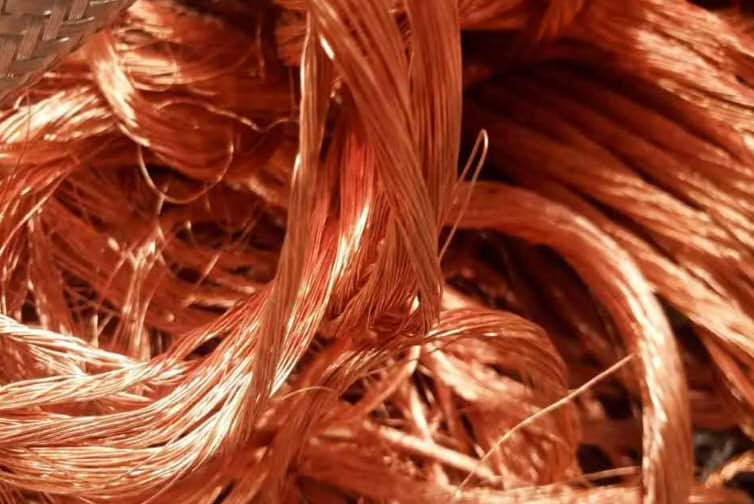Every year, tens of thousands of cable thefts occur. Not only does this put the safety of cable thieves at risk, it also causes significant inconvenience to emergency responders, electricity workers and local residents.
The theft of cable that ultimately leads to power outages can add to the burden on utilities. In some cases, this is ultimately passed on to ratepayers at a high cost.
Theft of cables has the greatest impact on the electric power sector. It can also have an impact downstream in the telecommunications and construction industries. These can even cause more losses.

The risks do cable thieves face
Typically, power poles, and vacant homes and businesses are targeted by cable thieves. Substations are an area of growing concern, as high-voltage equipment should only be handled by trained professionals.
Cable thieves often manage to get into substations and steal ground wires. This poses a potential danger to electrical personnel working in substations. This is because they may come into contact with ungrounded equipment.
In addition, when a grounding wire is stolen, it usually leaves a portion of the cable hanging. This portion of the cable can cause damage to equipment when blown around, resulting in power outages.
Cable thieves choose to steal cables primarily because of the rising price of scrap metal. The most common conductor materials used for cable conductors are aluminum and copper. And the current price for copper scrap recycling is about $3 per pound.
In addition, the product structure of cables is complex. The processing of cables requires the addition of insulation, shielding, armoring, and sheathing layer by layer on the periphery of the conductor to ultimately make the cable product (product del cable eléctrico). As a result, scrap cable itself has a high recycling value.
Where does the stolen cable go?
Cable theft has now evolved from a minor crime at the individual level to a lucrative organized crime ring. This is especially common in areas where industrial construction is taking place.
Cable thieves usually sell the stolen cables to cable recyclers for cash. The recyclers, in turn, send them to scrap dealers.
From these dealers, the recovered copper and other raw materials flow to smelters, foundries, ingot mills, powder plants and other industries. This allows the material to be reused or used to supply international demand for raw materials.
As the global supply of copper continues to tighten, the market for illegal copper is likely to increase.

How can you prevent your cables from being stolen?
There is no definitive way to prevent cable theft. However, there are strategies that can help deter cable thieves.
Circuit break alarms
It is possible to make a break alarm out of an idle line of cable (línea de cable). This way, as soon as the cable is broken, an alarm will be issued immediately, so that a timely inspection can be carried out.
Security Cameras
Security cameras are very useful when it comes to cable theft. Just the thought of being videotaped will be a deterrent to cable thieves. If that doesn’t stop them, you at least have video of their crime and can then ask the police for help.
Warning Signs
Placing electric shock warning signs around the area may deter thieves from continuing their crimes. It also makes more sense to do this at some high-voltage substations.
Security lights
Construction sites at night are the most likely scenario for cable theft. While security lights may not physically chase away thieves, it will make them think twice.

